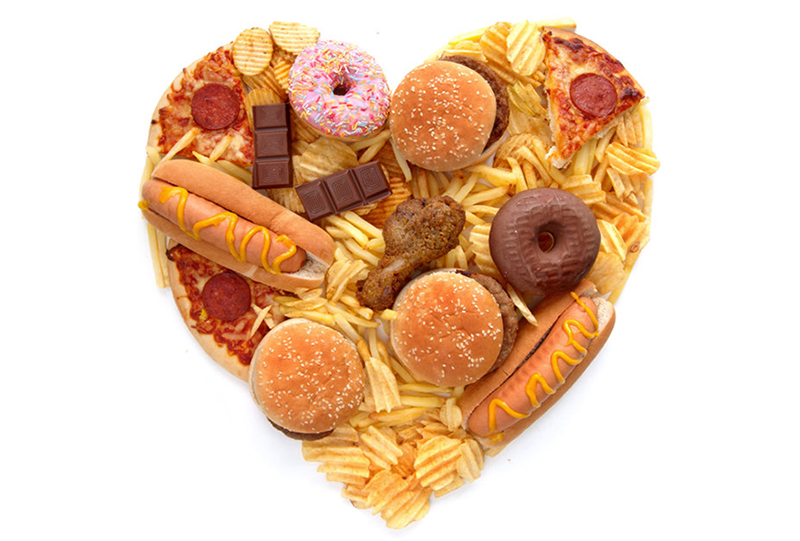What are the effects of ultra-processed foods? Eating lots of ultra-processed foods may dramatically increase your risk for dementia, according to a new study by researchers in China.
Ultra-processed foods are high in sugar, fat and salt, but low in protein and fiber. Sodas, salty and sugary snacks and desserts, ice cream, sausage, deep-fried chicken, flavored yogurt, ketchup, mayonnaise, packaged bread and flavored cereals are all examples.
Replacing these foods with healthier alternatives may lower the odds for dementia by 19%, the study found.
“These results mean that it is important to inform consumers about these associations, implement actions targeting product reformulation, and communicate to limit the proportion of ultra-processed foods in the diet and [instead] promote the consumption of unprocessed or minimally processed foods like fresh vegetables and fruits instead,” said lead researcher Huiping Li, from the School of Public Health at Tianjin Medical University.
Dr. Sam Gandy, director of the Mount Sinai Center for Cognitive Health in New York City, reviewed the findings. “This is consistent with the growing body of evidence indicating that a heart-healthy diet and lifestyle is the best way for everyone to modulate their risk for dementia,” Gandy said. “The main novelty here is the focus on the risks of ultra-processed foods rather than on the benefits of heart-healthy foods.”
Study on Effects of Ultra-Processed Foods
• For the study, Li’s team collected data on more than 72,000 people listed in the UK Biobank, a large database of health information of people in the United Kingdom. At the outset, participants were age 55 and older and none had dementia. Over an average 10 years, 518 people developed dementia.
• Researchers compared 18,000 people whose diets included little processed food with a like number who ate a lot of it.
• Among participants who ate the least amount of processed foods (about 8 ounces a day), 100 developed dementia, compared to 150 of those who ate the most (about 28-29 ounces a day). The study considered one serving size of pizza or fish sticks to be just over 5 ounces.
• Drinks, sugary products and ultra-processed dairy were the main contributors to ultra-processed food intake.
Analysis of Study on Effects of Ultra-Processed Foods
Li’s group estimated that substituting 10% of ultra-processed foods with unprocessed or minimally processed foods such as fresh fruit, vegetables, legumes, milk and meat, could lower dementia (but not Alzheimer’s) risk by 19%.
• Easy changes in food choices can make a big difference.
• The small and manageable dietary changes, such as increasing the amount of unprocessed or minimally processed foods by only 2 ounces a day while decreasing ultra-processed foods intake by 2 ounces a day may be associated with 3% decreased risk of dementia
Samantha Heller, a senior clinical nutritionist at NYU Langone Health in New York City, said it’s long been known that ultra-processed foods increase the odds of developing several chronic conditions. They include heart disease, certain cancers, type 2 diabetes and obesity.
• While the exact cause is unknown, it is not surprising that this type of dietary pattern is associated with an increased risk of dementia.
• Ultra-processed foods are both biochemically designed and advertised to increase cravings and desire for these foods, and in many households crowd out healthier options such as fruits, vegetables, legumes and whole grains.
• The poor nutrient quality of ultra-processed foods — which are high in salt, sugar and saturated fat, and low in fiber — is a recipe for poor health both physically and mentally.
Dodging dementia is another great reason to start incorporating more plant foods, less ultra-processed foods and animal foods, into our diets.
Click here to read more on the effects of ultra-processed foods.






